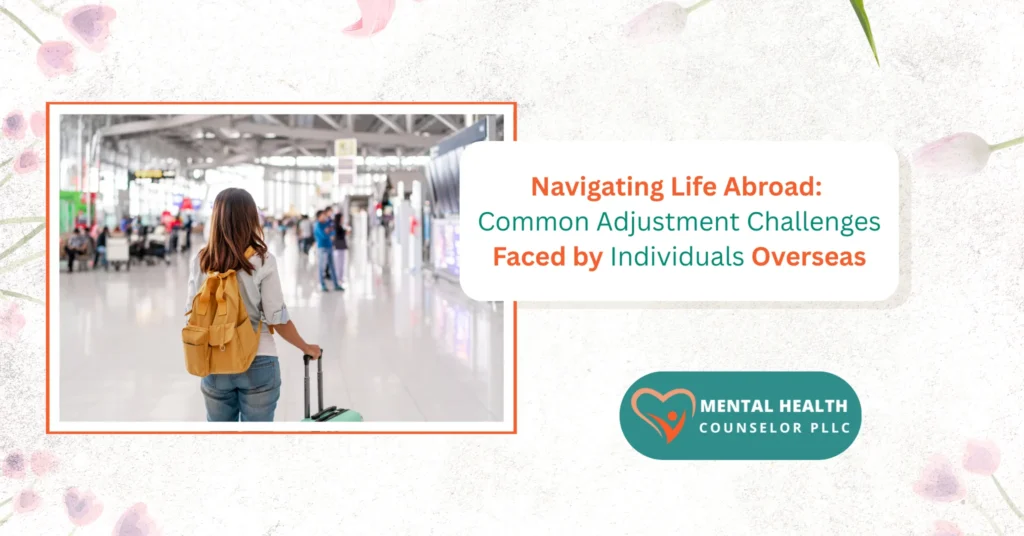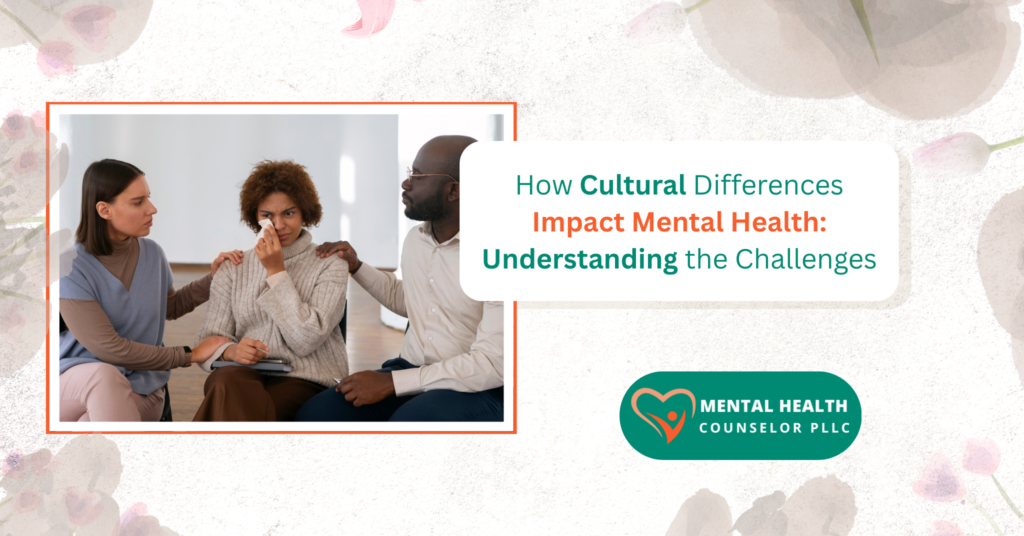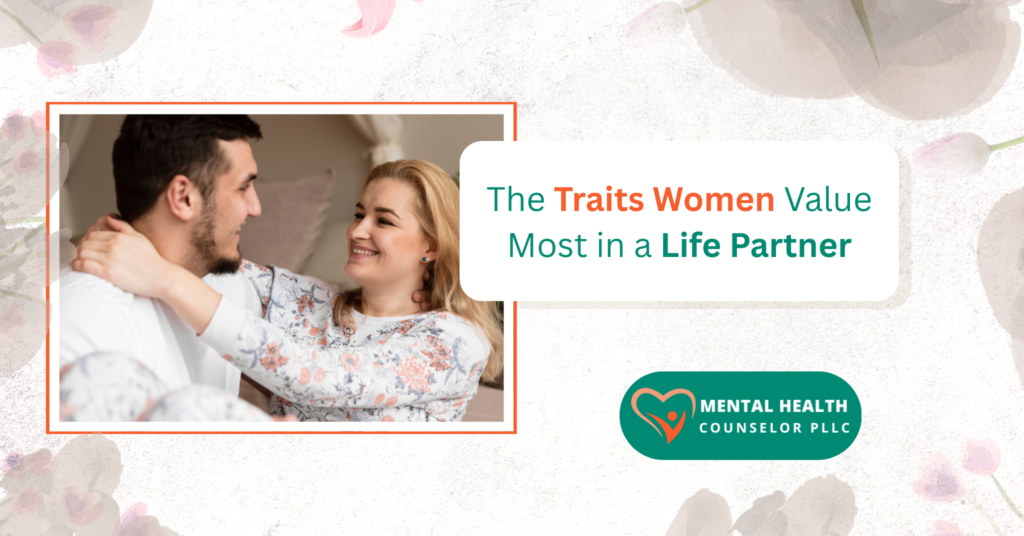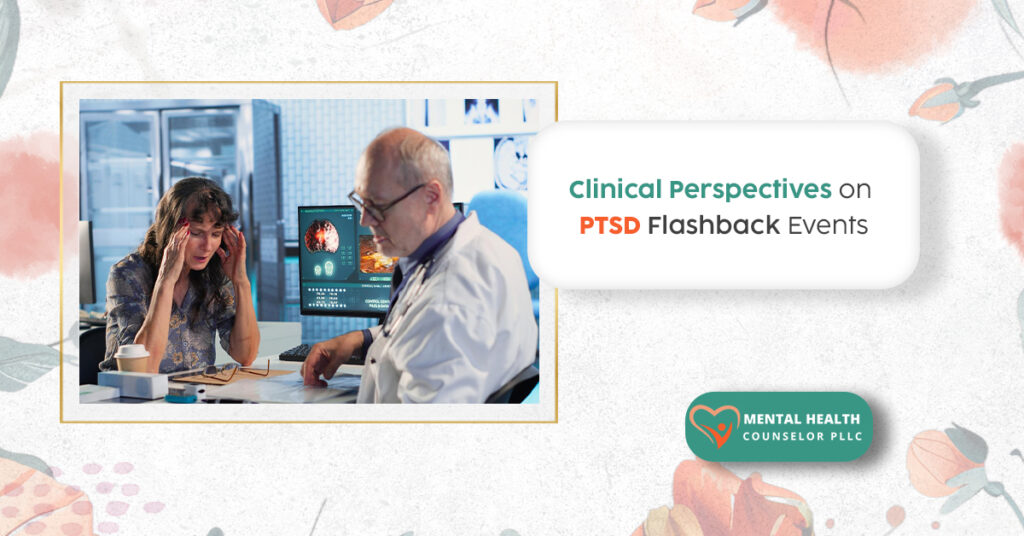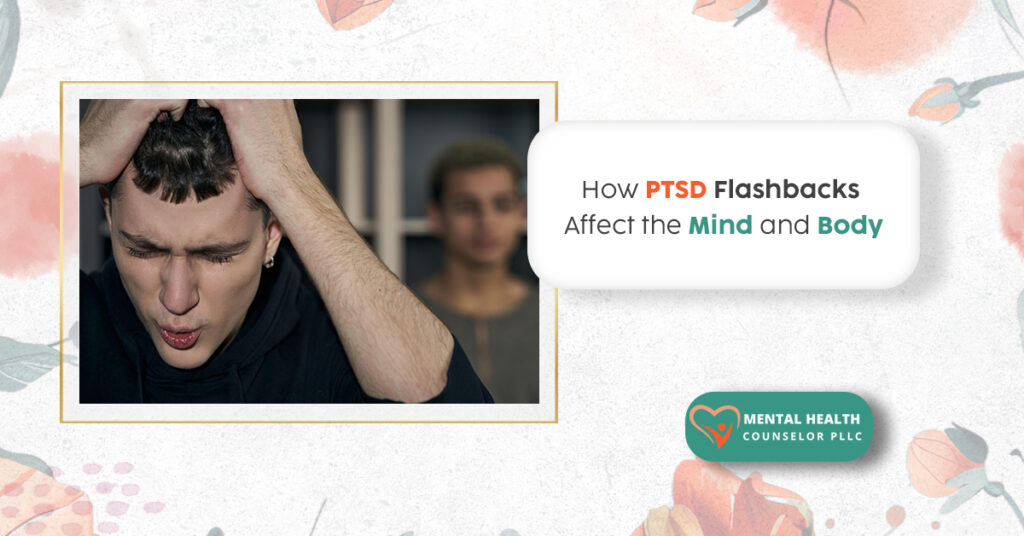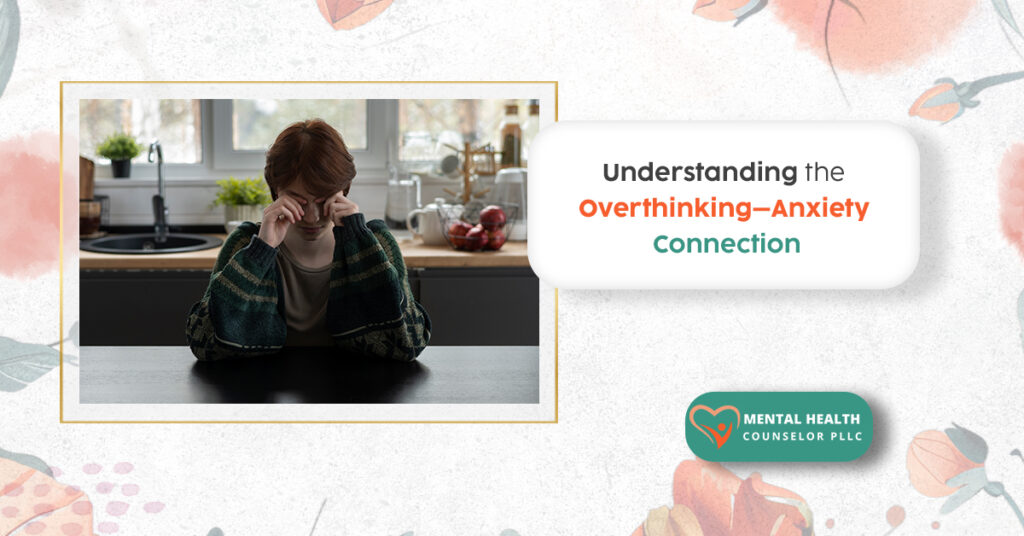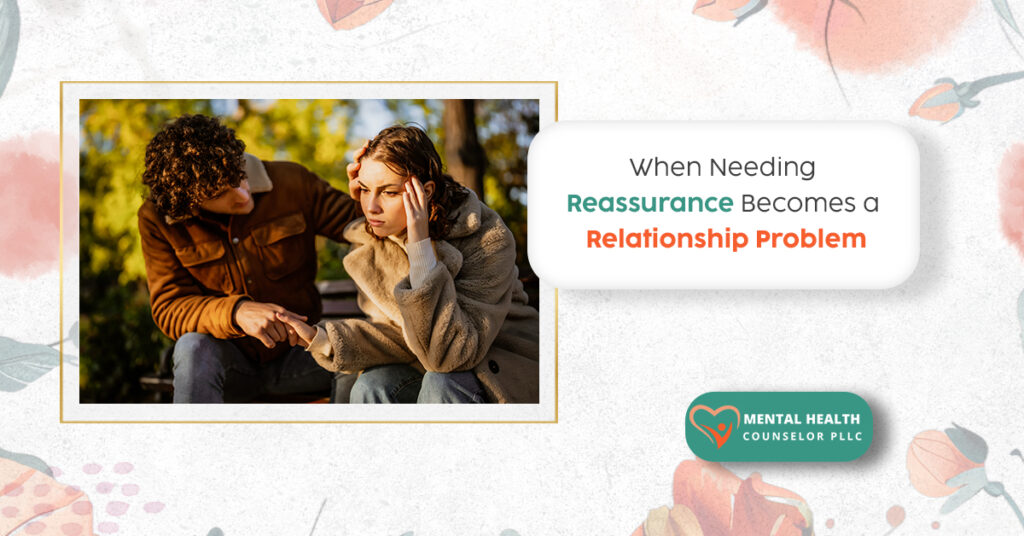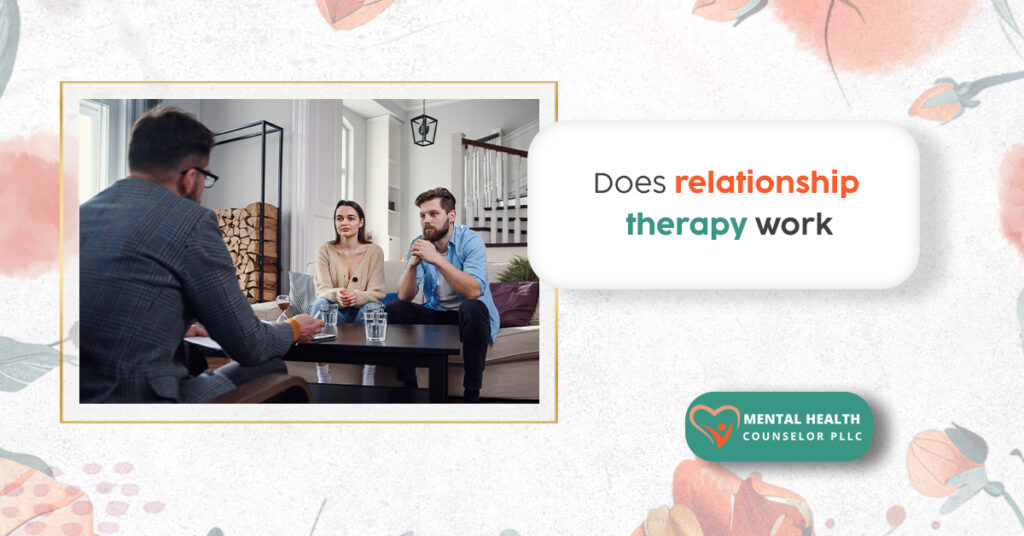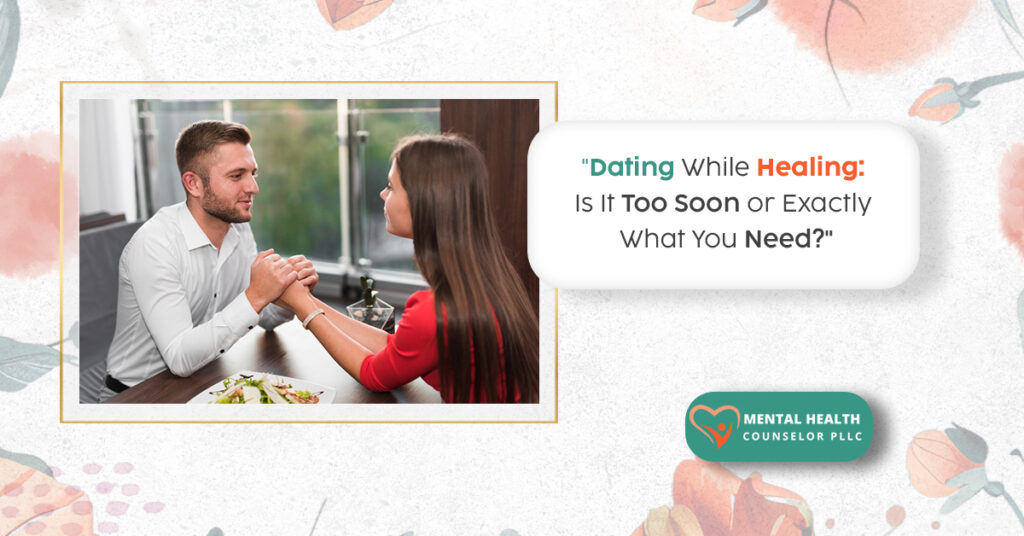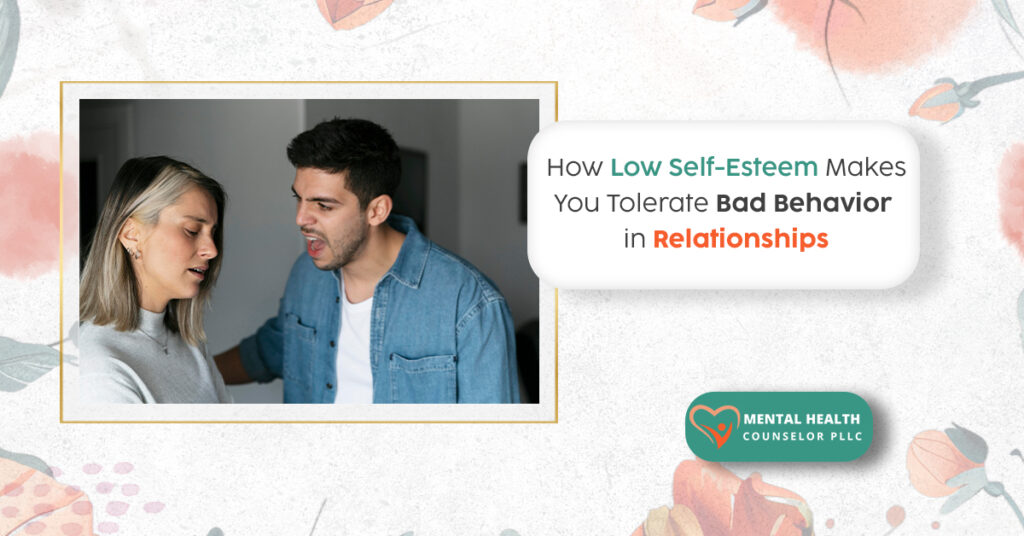Navigating Life Abroad: Common Adjustment Challenges Faced by Individuals Overseas
You made your plans, bid farewells, and took a flight to a new destination.It could be something work-related, studies or just the need for a change. No matter what you moved here to do, there are days more challenging than you expected. The Phases of Culture Shock Culture shock is more than just missing your home environment. It’s that peculiar sensation when you realize your familiar ways of interacting with the world no longer seem to apply.Most individuals encounter similar phases: These stages can be typical. Your mind is adapting to unfamiliar conditions. Language Barriers and Communication Stress Even for fluent speakers, using a different language continuously is draining. There’s a mental load associated with constant interpretation and questioning every utterance.You might find yourself becoming irritable sooner after social interaction. You may avoid conversations that aren’t essential.Those nuances in humor and implied meanings that others grasp instantly? They might elude you.And there’s this gap between your usual self and who you can be in this language. Social Separation and the Absence of Your Support System The companions you left behind weren’t solely for casual outings. They were the ones who understood your background, recalled shared history, and made you feel truly like yourself.Forming new relationships is energy-consuming and all the more so when you are already exhausted.You may visit social media platforms in an attempt to stay in touch with your old life but it may seem like you are observing a story you no longer belong to. Identity Disruption and Role Confusion You likely held a certain standing back home. You had a title, recognized achievements.Here, you might be explaining qualifications that aren’t valued, or taking on roles dissimilar to your previous ones.This leads to unclear roles. A lack of clarity about your sense of self when familiar external validations are absent.You are constructing your identity anew, which often brings about self-doubt and vexation. Related – How Cultural Differences Impact Mental Health: Understanding the Challenges Managing Practical Stressors That Compound Emotional Challenges Establishing a local bank account shouldn’t feel insurmountable, yet it can.The same applies to healthcare systems, navigating official procedures, or simply grasping local norms. Tasks that once required minimal time now consume significant portions of your day.This is referred to as acculturative stress. It can manifest as persistent weariness because your cognitive resources are constantly engaged. Next Step You do not have to work this out on your own. At Mental Health Counselor PLLC, our therapists are compassionate and they understand what you’re going through.We are here whether you are caught up in culture shock, trying to figure out who you are here, or have too much stress. We collaborate with you to find what suits you best.Sessions are available online, and in person aswell. Reach out here or call (212) 696-4717. FAQs What is the duration of settling into a foreign country? A majority of the individuals begin to settle in the course of six months to one year. Some days will still be tough for you. Much is subject to experience, language comfort, and a support system. Is being depressed in a foreign country normal? It is natural to feel gloomy or angry in the process of adjustment. However, when it hangs around for months and disrupts everyday lives, then that is something to consider. Would therapy be effective if I happen to be in another time zone? Yes. We have online sessions and can work at any time zone.
Navigating Life Abroad: Common Adjustment Challenges Faced by Individuals Overseas Read More »

